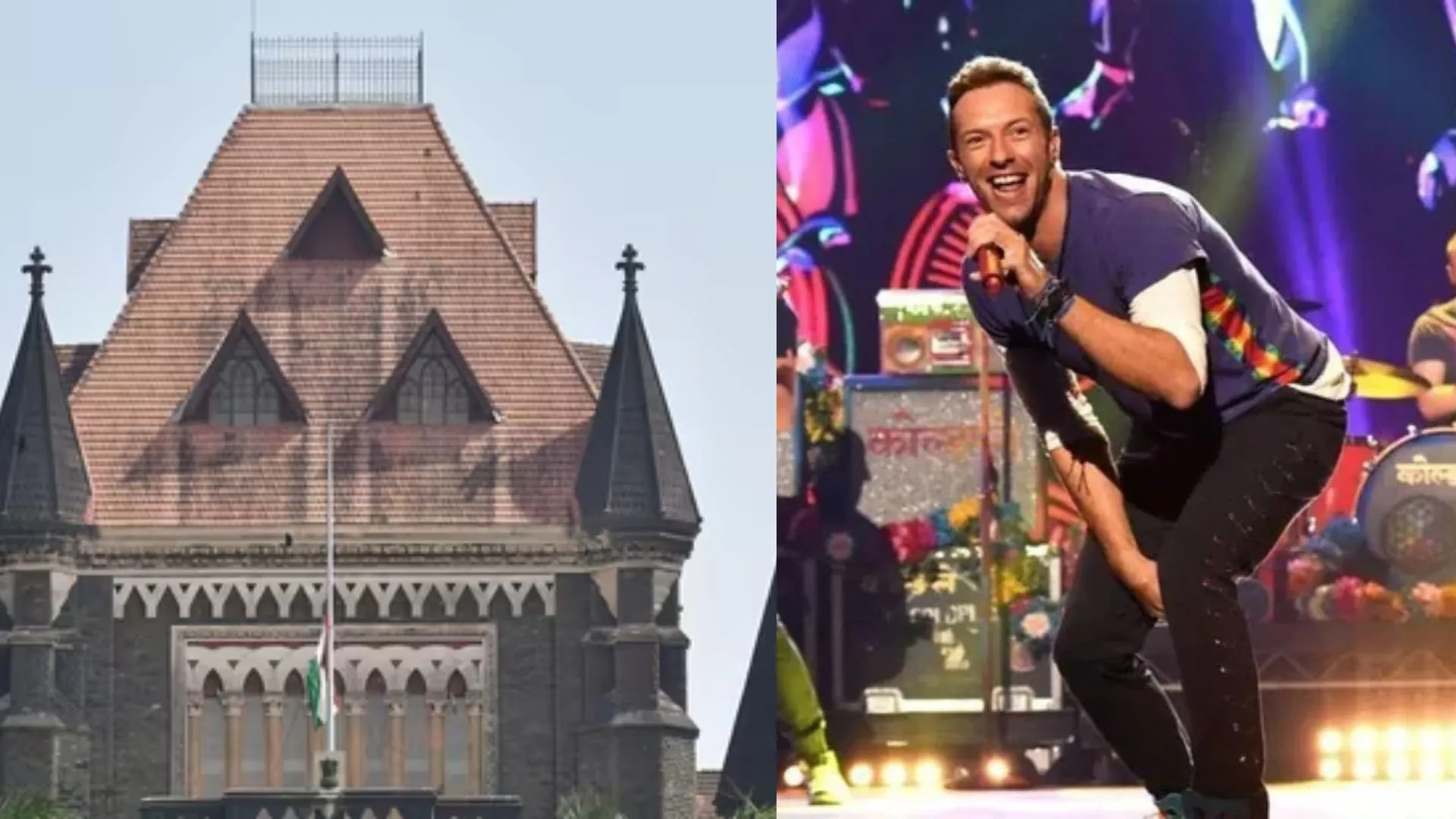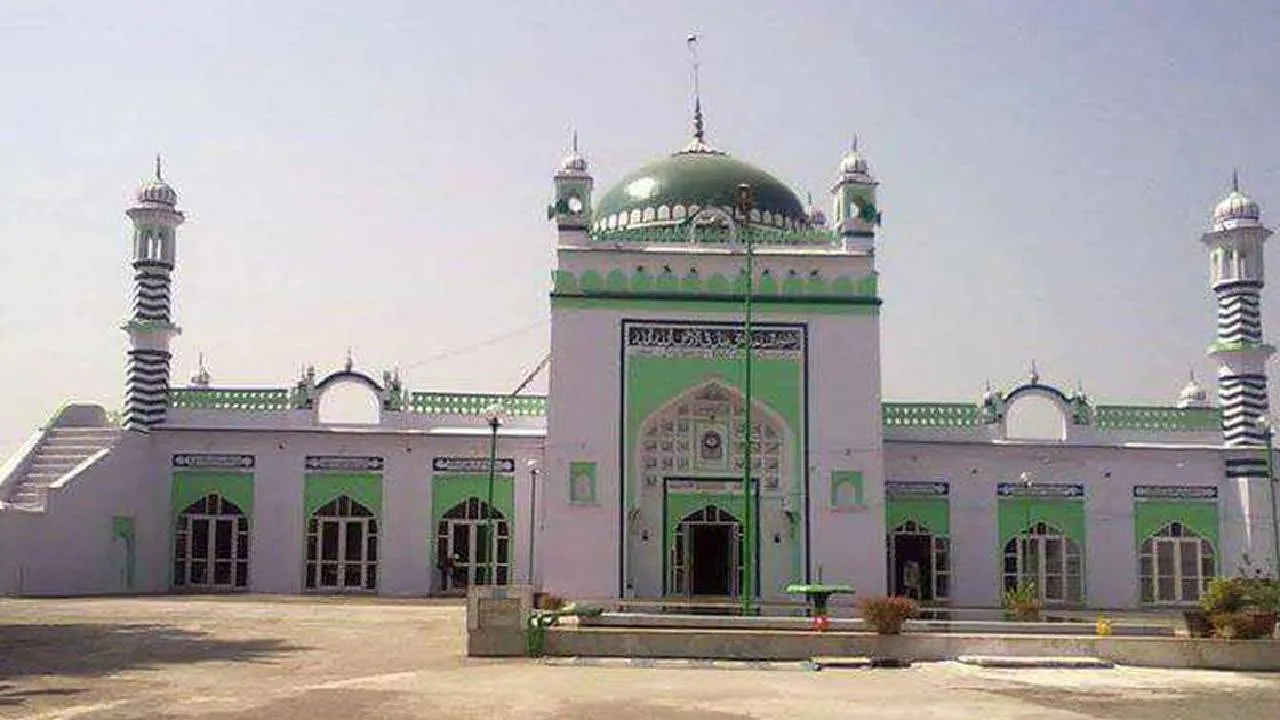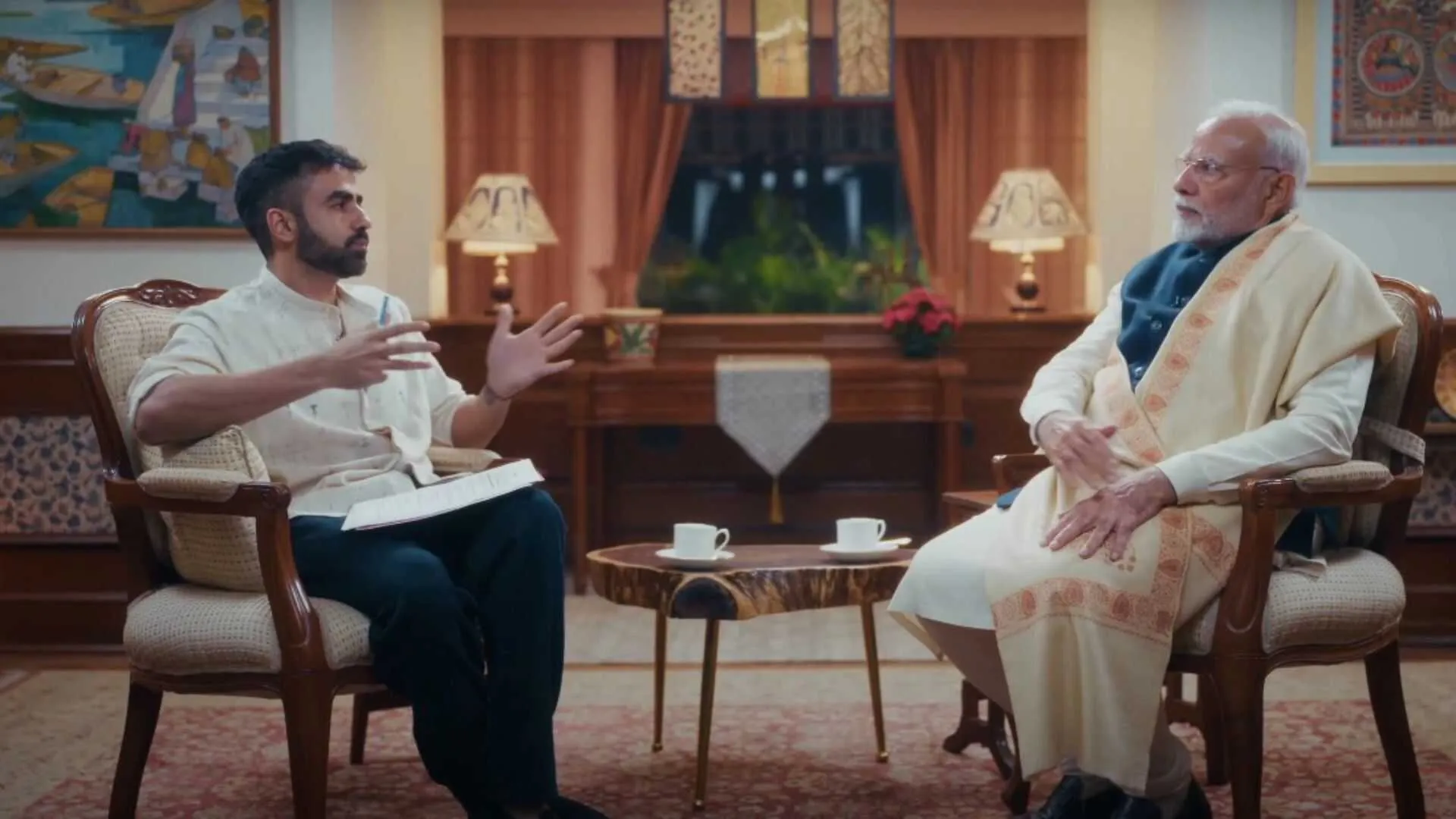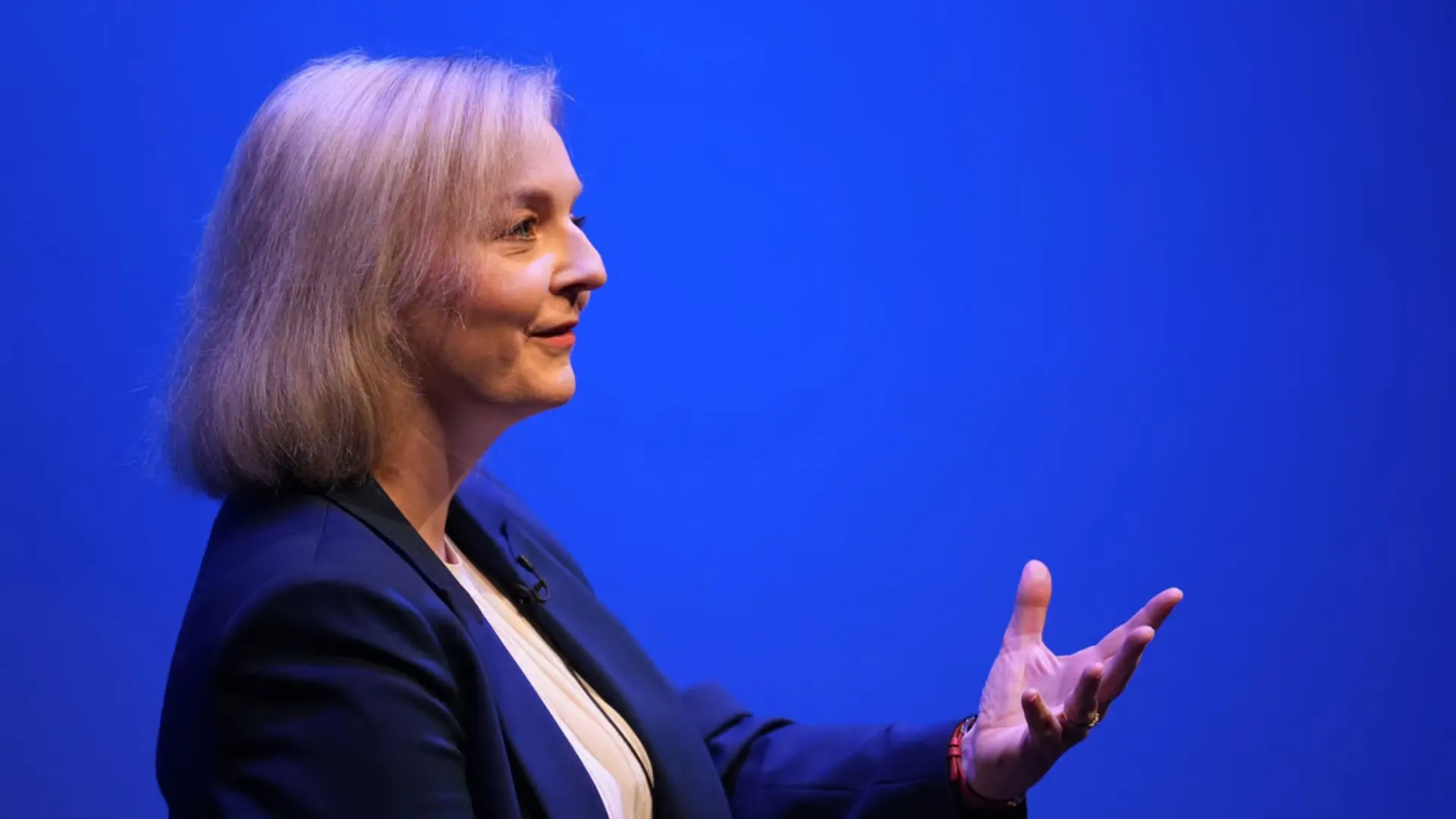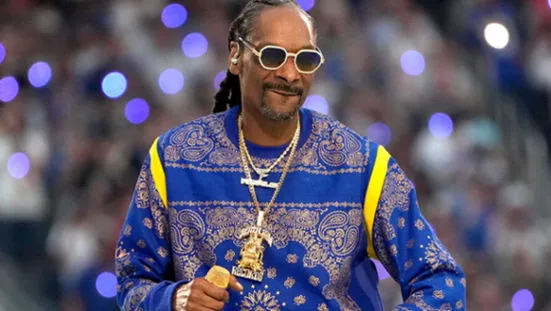Delhi’s Saket Court recently convicted four individuals for murdering television journalist Soumya Vishwanathan while engaged in an organised criminal activity, and a fifth accused for receiving the proceeds of the crime under the Maharashtra Control of Organised Crimes Act (MCOCA), has elucidated the grounds for their conviction under this stringent law.
The Maharashtra Control of Organised Crimes Act (MCOCA) is a specialized legislation designed for the prevention and control of criminal activities carried out by organized crime syndicates or gangs. According to the prosecution, Ravi Kapoor, on September 30, 2008, fired at Vishwanathan using a country-made pistol while pursuing her car with the intention of robbing her on Nelson Mandela Marg in South Delhi. At the time of the incident, Amit Shukla, Ajay Kumar, and Baljeet Malik were also accompanying Kapoor.
The police recovered the vehicle used in the murder from the fifth accused, Ajay Sethi, also known as Chacha. Additional Sessions Judge Ravindra Kumar Pandey stated that the prosecution had successfully established that numerous First Information Reports (FIRs) had been registered against all the accused across various police stations from 2002 until their arrest in 2009.
The court noted, “It is noteworthy that the involvement of the accused persons in the offense committed in the present case came into the knowledge of the investigating agency only after their arrest in FIR No. 69/2009 in the Vasant Vihar police station (the murder case of IT executive Jigisha Ghosh). Due to the same reason, when their criminal background was checked during the investigation, the proposal was moved to invoke the provisions of the MCOCA against them.”
It emphasized that the testimony of the former assistant commissioner of police, Mohammed Ali, confirmed that Kapoor was leading the organized crime syndicate and that multiple criminal cases were pending against him and the other accused. Taking into account a witness’s statement, the court further stated, “The prosecution has duly proved that those criminal cases involving these accused individuals of the crime syndicate were either committed jointly by the accused persons with Ravi Kapoor or separately with him.” The court found no material contradiction regarding Kapoor running an “organized crime syndicate” with the assistance of the other accused.


